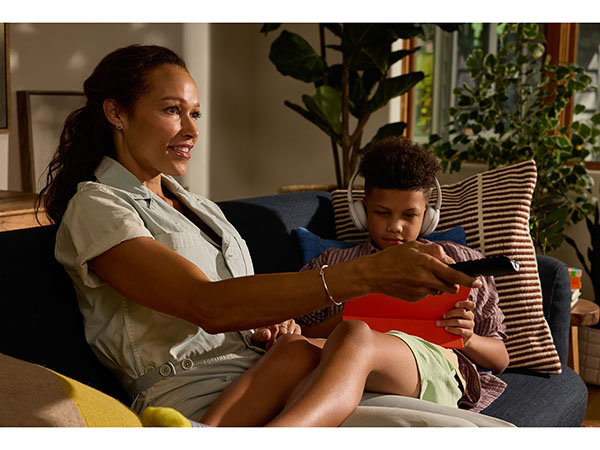Industry Talk - Free Talk
Time for brands to re-adjust their loyalty programmes says tms' John Viccars
by John Viccars, tms
October 2, 2024
.jpg) Advertisement
AdvertisementTo capture consumer interest, especially among Gen Z, loyalty programmes need to innovate and offer memorable experiences in culture and entertainment. From priority concert tickets to sneak previews of new products, Gen Z are demanding more engaging rewards from loyalty schemes.
An experience-led approach helps shift loyalty away from a functional exchange of value between customer and brand to community-led programmes that are emotionally engaging and inspire long-term fandom.
Our study, conducted by Qualtrics, surveyed 489 UAE loyalty customers and captured answers from Gen Z, Gen X and millennials.
It revealed that 85% of the consumers are active in between three and six loyalty programmes. But it also found that Gen Z and older generations are dissatisfied with functional loyalty programmes and crave greater excitement, fun and inspiration.
The loyalty landscape is changing, and brands and retailers must adjust their approach if they want to stand out from the crowd and create schemes which excite consumers and turn them into brand fans.
Schemes across the GCC are still effective - consumers in the Gulf place great importance on loyalty programmes and these are successfully driving sales, with 82% of consumers more likely to choose a brand over its competitors if it has a loyalty programme. And the schemes are boosting perceptions of value – 71% of respondents to our survey said they would choose a brand over cheaper competitors because of its loyalty programme.
But there is a powerful case for change and loyalty schemes will need to break the rules and reinvent themselves to find success with new generations.
Transactional rewards have diminishing appeal. Only 54% of Gen Z consumers are interested in loyalty programmes based on points and discounts, our survey showed, significantly lower than millennials at 69% and Gen X at 65%.
The chance to be first to try out a new product was favoured by 53% of Gen Z, while 49% said they would be motivated by getting VIP access to new products.
Youth in Gulf States tend to be ambitious, energetic and aspirational, and they are motivated by education and travel. They want experiences they can boast about to friends and on social media. Some 57 per cent are extremely excited about global scholarships or learning opportunities and 44% are excited about exclusive in-app experiences. Just over half are keen to earn rewards for community service and 49% about the ability to gift points during Ramadan.
Brands globally are ripping up the rule book and looking to reinvent their loyalty programmes by turning them into exciting loyalty experiences. For instance, the KFC Rewards Arcade in the UK does away with collecting points and allows customers to play arcade-style games on their phones while waiting in store for their orders, with the offer of food prizes.
In the US, the Starbucks Odyssey (beta programme) uses a system called Journeys to set a series of tasks and challenges. Players earn loyalty points for completing tasks and earn a stamp if they complete the entire journey. Nike offers a variety of loyalty mechanisms from the Membership programme, which invites “all athletes to belong” to the Nike Craft programme, inviting customers to become Wear Testers, testing out Nike products.
This trend to creating loyalty experiences is emerging in the GCC with Zywa Club (UAE), which targets Gen Z by building an exclusive community offering experiences across lifestyle, fashion, art, music, entrepreneurship and gaming.
In a further departure from the functional value exchange of loyalty schemes, ethics and social responsibility are becoming important factors.
Customers across the UAE feel greater affinity to brands when their values align with their personal beliefs to a much greater extent than in the UK and US, the research shows. To succeed in the region, loyalty schemes need to create a strong emotional, ethical and lifestyle connection with consumers.
As part of the research, respondents reacted to 21 loyalty experience concepts and found that 87% said they were very or extremely excited by them.
Loyalty programmes still play a positive role for brands and retailers, with 80% agreeing that they will buy a brand more often if they are part of a scheme while 82% will chose that brand more often than competitors. 71% say they would choose the brand over cheaper competitors.
But ultimately, loyalty is an outcome, not a programme. The aim is to turn customers into fans, long-term supporters and evangelists.
To achieve this, brands need to delve into customer motivations and inspire them with offers that connect to their desires.
The successful loyalty programmes of the future will focus on imagination, emotional connection and experiences, not just points and discounts.



.jpg)










